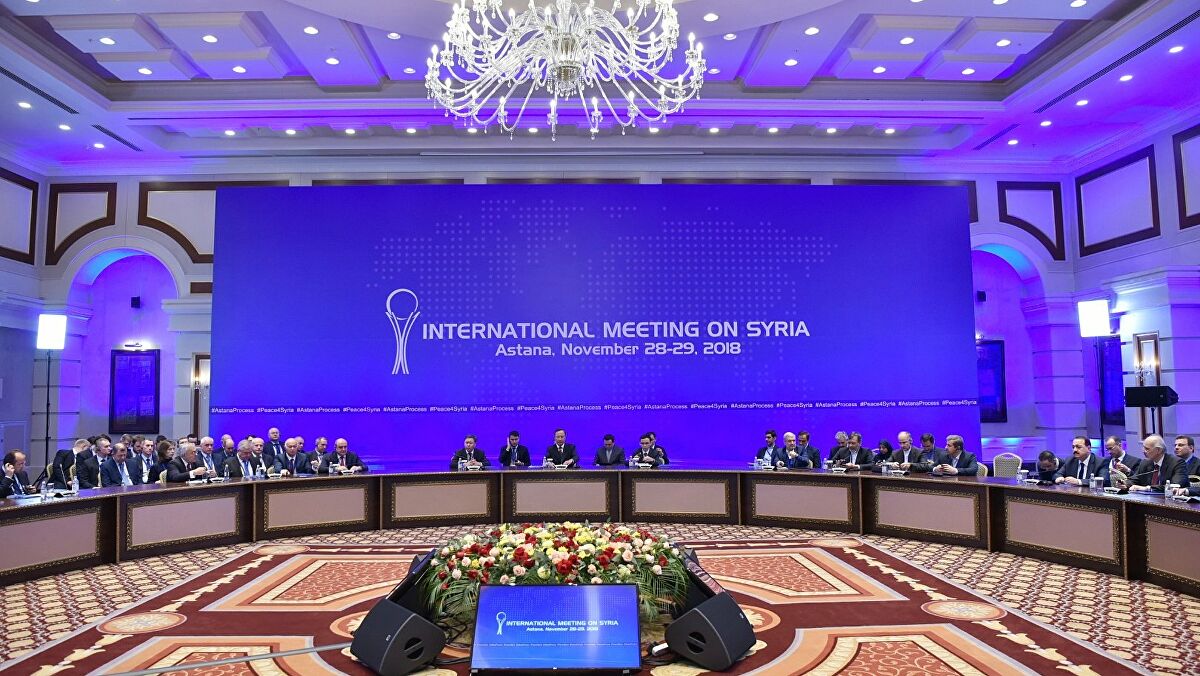Astana provided indirect support to Syrian regime, politician
QAMISHLI, Syria (North Press) – On Wednesday, the Syrian opposition figure and politician, Sahar Hawija said that the Astana countries (Russia, Iran, Turkey) have provided indirect support to the “Syrian regime” to gain legitimacy and enhance its presence in terms of having powerful position against the international community.
“The inability of the international powers and the Syrian opposition to implement the UN Resolution 2254 doomed the political and constitutional process to fail,” Hawija added.
Hawija’s speech came after the UN Special Envoy for Syria, Geir Pedersen, met with the Syrian Minister of Foreign Affairs and Expatriates, Faisal Mekdad, on February 22.
“The political solution faces failure after another, which appeared through the Constitutional Committee and Russian promises in the Security Council in order to put pressure on the regime and discuss the solutions to the crisis at Astana conference,” she added.
She pointed out that after Astana, Pedersen went to Damascus to negotiated with the Syrian government on a timetable and to speed up the work of the Constitutional Committee
“However, the response of the Syrian government came quickly, which refused external interference in the work of the committee and demanded Pedersen to adhere to his role as a facilitator of the work of the committee,” Hawija noted.
The role assigned to Pedersen did not prevent the Syrian regime from sending conditional messages that include lifting economic sanctions, condemning the Turkish occupation and fighting terrorism, according to Hawija.
Since its inception, the basis that the Constitutional Committee was built on is to stop working with the existing constitution and consider it invalid, because its mission is to draft a new constitution for a new Syria, and that the constitution must establish new political institutions.
However, the Constitutional Committee started from the recognition of the legitimacy of the regime, according to Hawija.
She stated that after recognizing its legitimacy, the “regime” started stalling in order to gain more time to achieve political gains and prolong its presence, headed by holding presidential elections.
“Russia is seeking compromises; this is what the Astana meetings concluded and obtained Turkey’s approval, but after settling the issues of northeastern Syria and Idlib region.”

